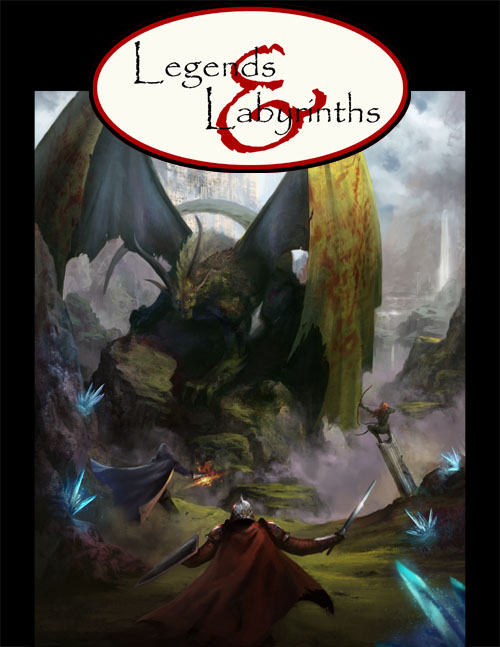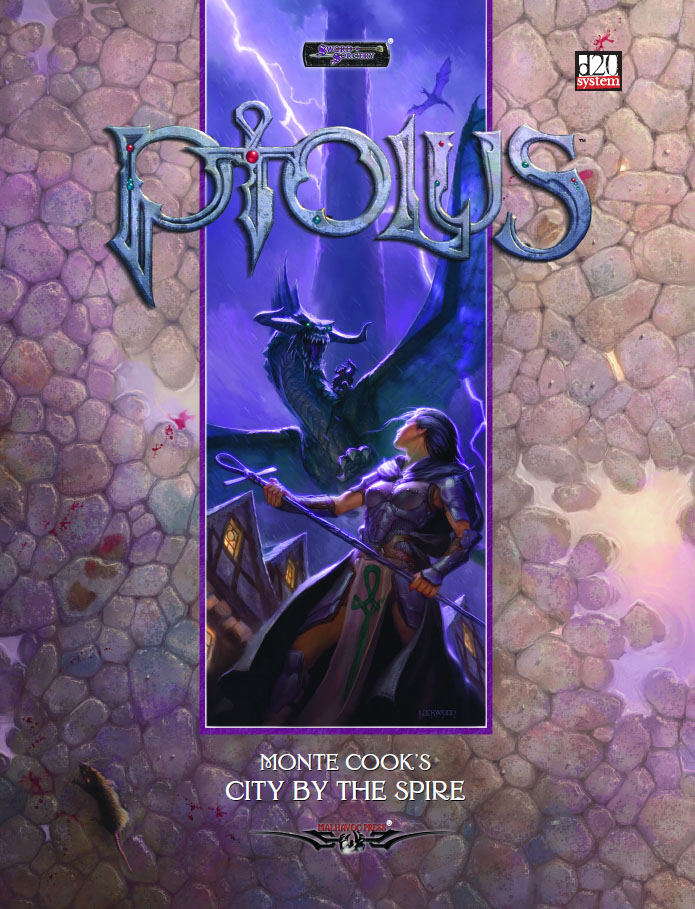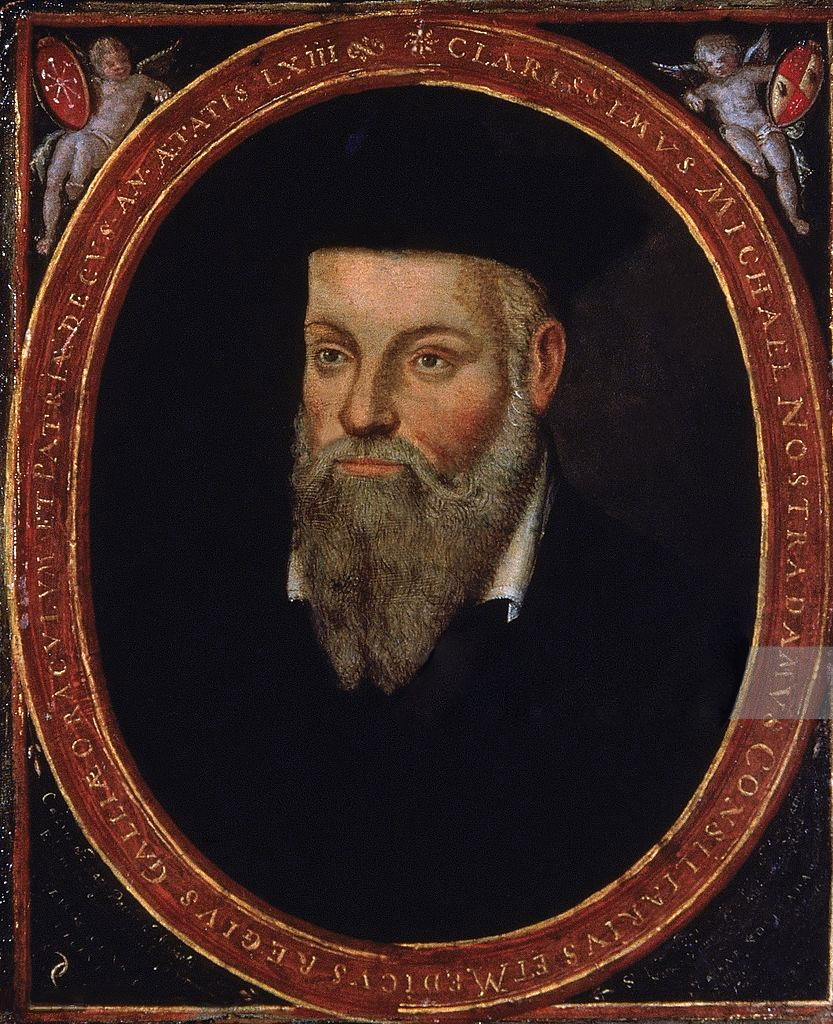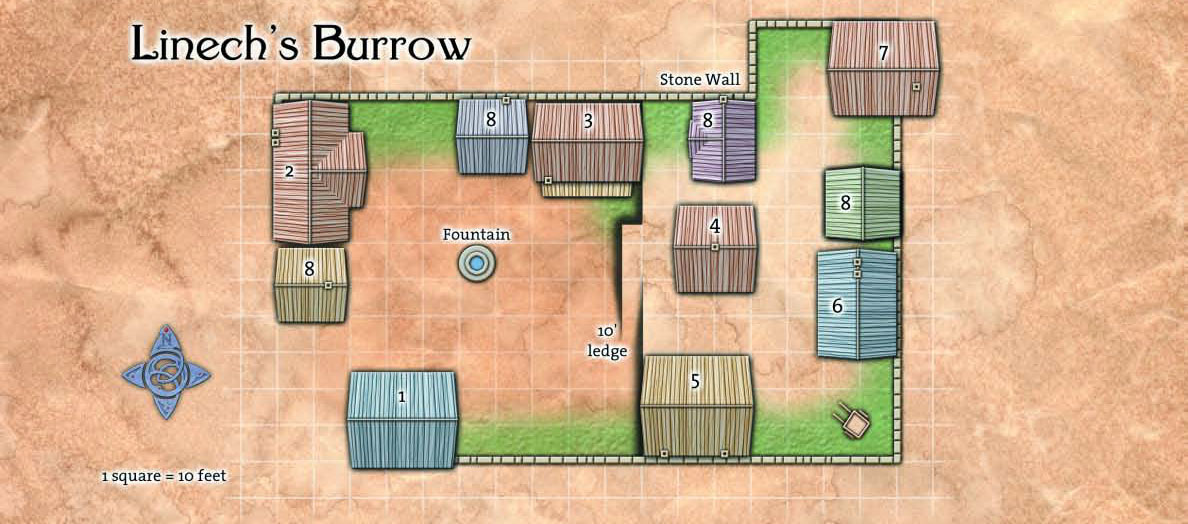IN THE SHADOW OF THE SPIRE
Session 9 was a momentous and very busy session. There’s a lot of stuff I should really comment on, but I’m running out of space to do so, so we’re going to tackle a number of micro-topics here.
TALES FROM THE TABLE
You may recognize the story of “Athvor Krassek”. It’s been told on the Alexandrian before, in Tales from the Table: Unexpected Successes.
 This is also the session from which the introductory transcript of Legends & Labyrinths is drawn. If you compare the campaign journal to that transcript, you’ll notice that the transcript has been altered from the original version of events in a number of ways to tighten the sequence of events and create clarity.
This is also the session from which the introductory transcript of Legends & Labyrinths is drawn. If you compare the campaign journal to that transcript, you’ll notice that the transcript has been altered from the original version of events in a number of ways to tighten the sequence of events and create clarity.
I also made alterations in order to highlight specific mechanics, since I was using the transcript in combination with the sidebar reference system to create a seamless tutorial of how narrative, mechanic, and table conversation weaves together to form a typical RPG session. (I tried to do something similar with the Infinity RPG, but it didn’t quite work out for a variety of reasons. Which is a pity, because I think the approach is really effective at introducing new players to RPGs through the medium of text.)
THE UNEXPECTED HAMMERSONG
Ranthir, however, had been struck by a thought: Since the Hammersong Vaults was essentially the only bank in town, it seemed there was a good chance that they might have stored something here between the time they came to Ptolus and the morning they woke up with amnesia.
Holy crap.
This is literally the type of thing that I live for as a GM, but it nevertheless flabbergasted me completely. Let’s review the three key factors that led to this moment:
First, I used using Monte Cook’s Ptolus, which, as a city supplement, is insanely detailed. Its incredible depth and richness means that when the players say “I want to go to a bathhouse” or “I want to find a bank”, instead of improvising something off the cuff you can instead crack open the 650 page tome and say, “Okay, here are the bathhouses in town.”
In this case, when they went to find a bank for storing their newfound wealth, there was really only one option: The dwarven-run Hammersong Vaults.
 Second, when designing the back story of what had happened during their amnesia I had followed the exact same thought process. Where would they go? Not the exclusive banks servicing the Merchant Houses. They’d have rented space in the Hammersong Vaults.
Second, when designing the back story of what had happened during their amnesia I had followed the exact same thought process. Where would they go? Not the exclusive banks servicing the Merchant Houses. They’d have rented space in the Hammersong Vaults.
Third, one of the players needed to have the inspired insight to realize that their amnesiac selves might have done the exact same thing they just did.
And, in fact, they had. Which is just so unspeakably cool.
And when people ask, “Why would you want a 650 page tome detailing a city in such lavish detail?” this story is basically the answer to that question. It creates these moments of immense immersion by granting the game world a sense of concrete reality; turning it into an incredibly detailed sandbox for the players (and GM) to manipulate and experience.
So how was this “supposed” to play out? Well, as I’ve mentioned before, the investigation of their lost memories was a multi-stage process that was triggered over time by a number of different revelations that would each lead to meta-investigations. One of these triggered revelations was supposed to lead them to where they had hidden their key to the Hammersong Vaults, which they could have traced back to the vaults and used to access the vault they had rented.
Ironically, when this triggered event came along much later, they never figured it out and, thus, never found the key. Which means that if Ranthir hadn’t made this intuitive leap, they probably never would have found their old vault.
As it was, I was able to use their lack of a key to temporarily delay their access to the vault. (Although there were other options: They could have broken in, for example.) I did this primarily for reasons of balance, but it ended up paying off in the long run: The anticipation of waiting for the day when they would be able to access the vaults massively ramped up the sense of accomplishment because they were constantly being reminded of it, and, commensurately, cranked up the satisfaction of the reward they eventually received.
It was, after all, well earned.
METHUL = HELMUT
Tee had often speculated that Helmut might, in fact, be the mysterious Methul Watcher: “Methul” was an anagram of “Helmut”, and Helmut was an astronomer – a Watcher of the skies.
Here we see one of the unexpected perils of using pre-published material.
In this case, I had heavily modified the original scenario (which is found in the Ptolus corebook) and added additional layers of conspiracy and intrigue around the identity of “Methul Watcher”… all of which became completely irrelevant because, as Tee noted, “Methul” is an anagram of “Helmut”.
Tee’s logic here is, in fact, so unassailable that I have to believe that this was deliberately done by Monte Cook. Unfortunately, Cook neglected to mention this in the published adventure and I, unlike Tee, didn’t notice it.
So here, too, I was caught completely flat-footed by the cunning insights of my players.
I could use more “problems” like this.


 The things about these prophecies, though, is that they generally exist either because the author knows what they’re planning to write or, in the case of mythological history, because they’ve been retroactively created to fit events which have already happened. (Really easy to pick winners and losers a couple centuries after the fact.)
The things about these prophecies, though, is that they generally exist either because the author knows what they’re planning to write or, in the case of mythological history, because they’ve been retroactively created to fit events which have already happened. (Really easy to pick winners and losers a couple centuries after the fact.)










